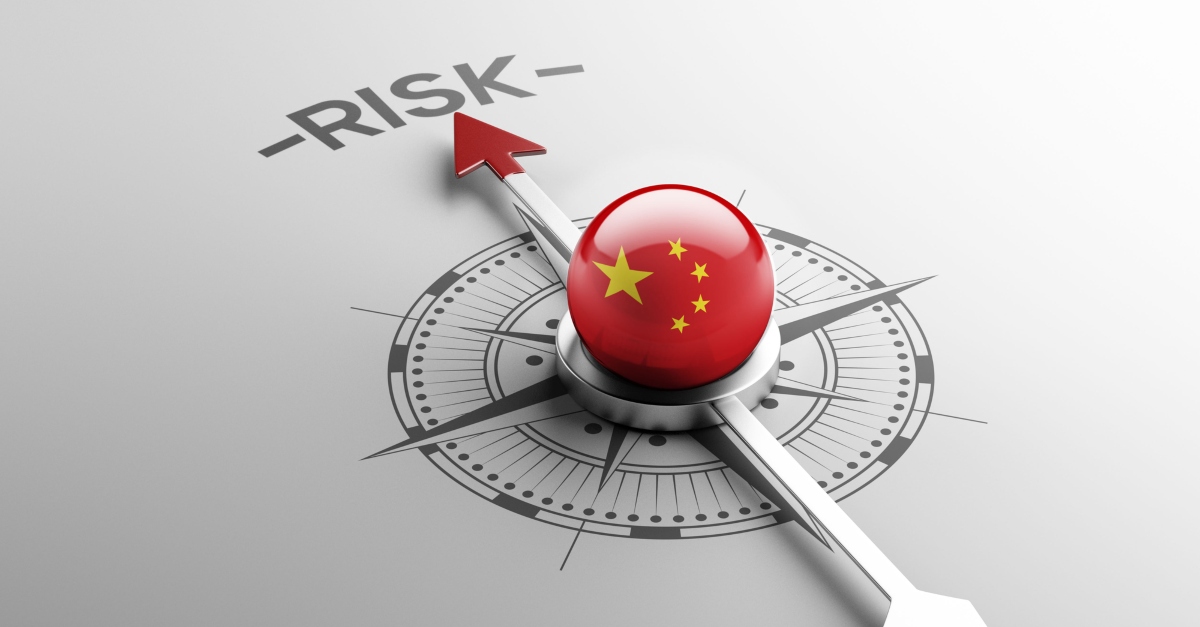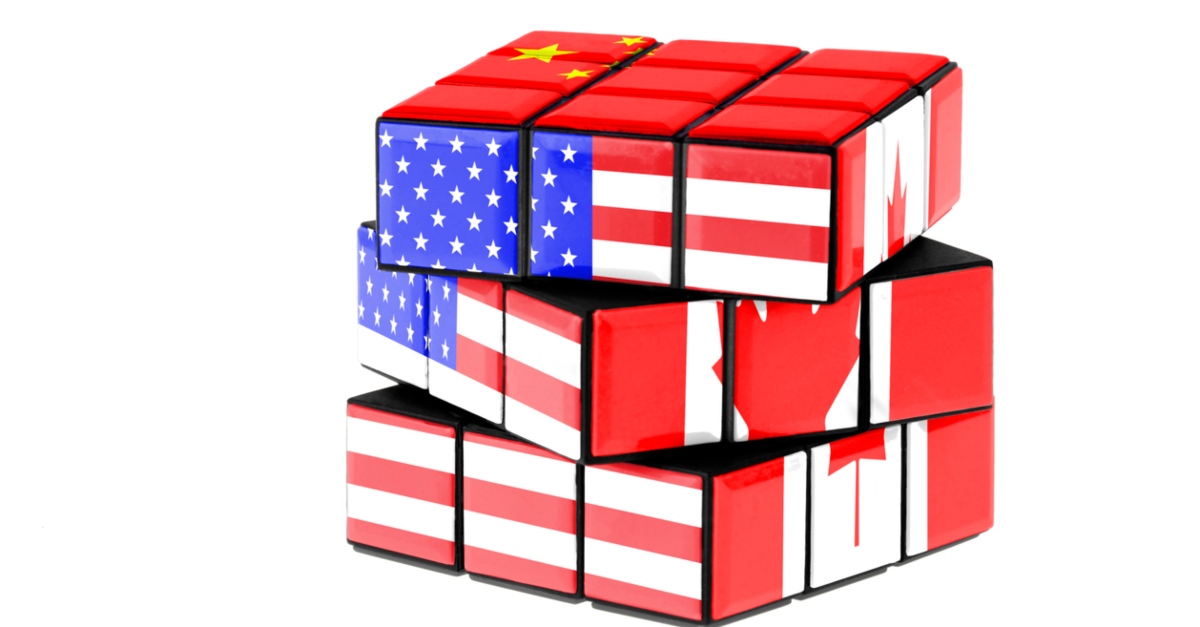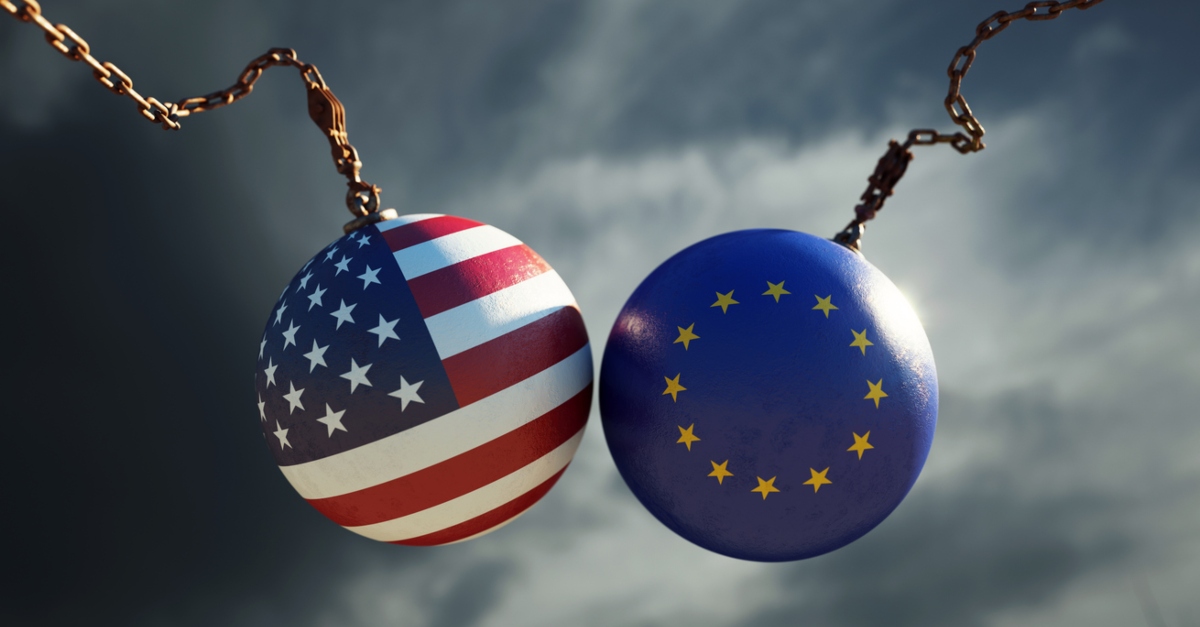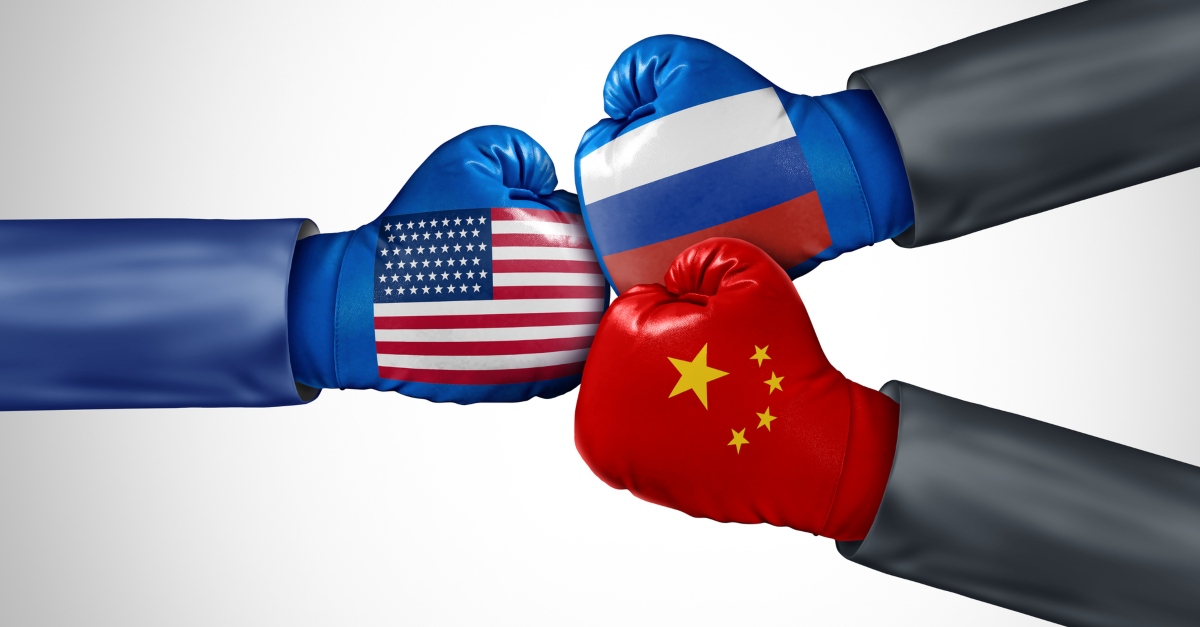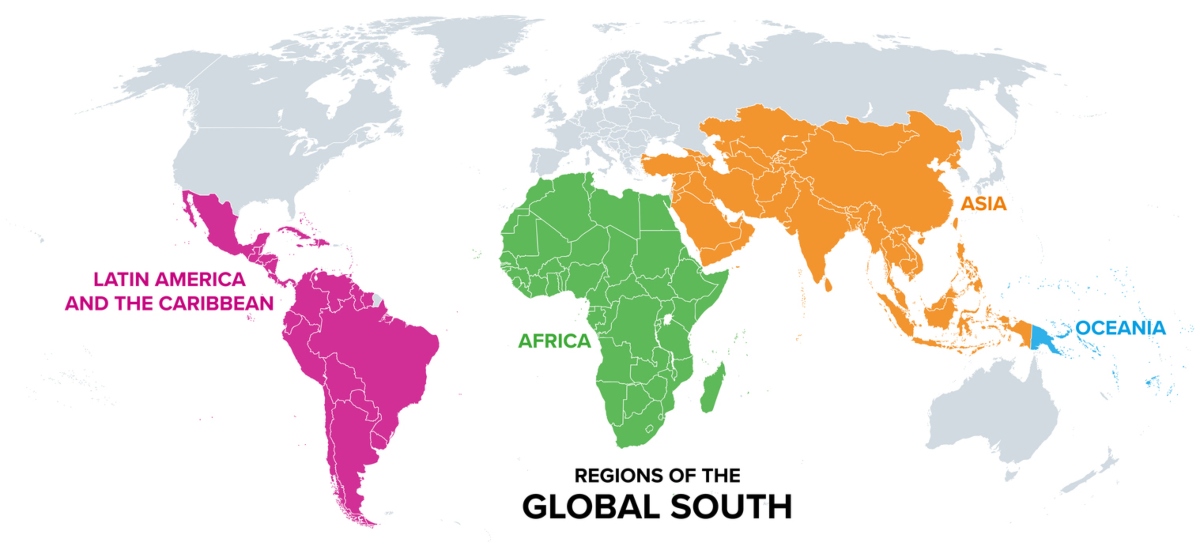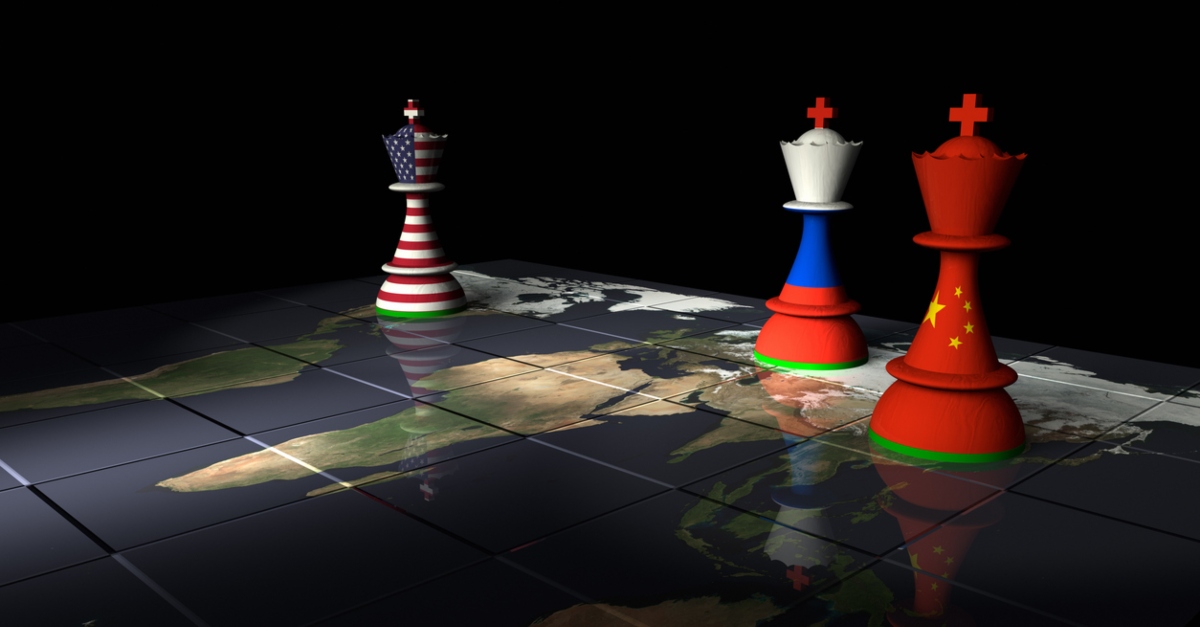Warfare by any other name?
For years, European officials have spoken about “hybrid warfare” as though it were a future threat. It is not. It is already embedded in the political and economic landscape of the continent, and has been raging for years. Hybrid warfare does not begin with tanks crossing borders. It begins with ambiguity. It operates in the [...]
Warfare by any other name? Read More »


